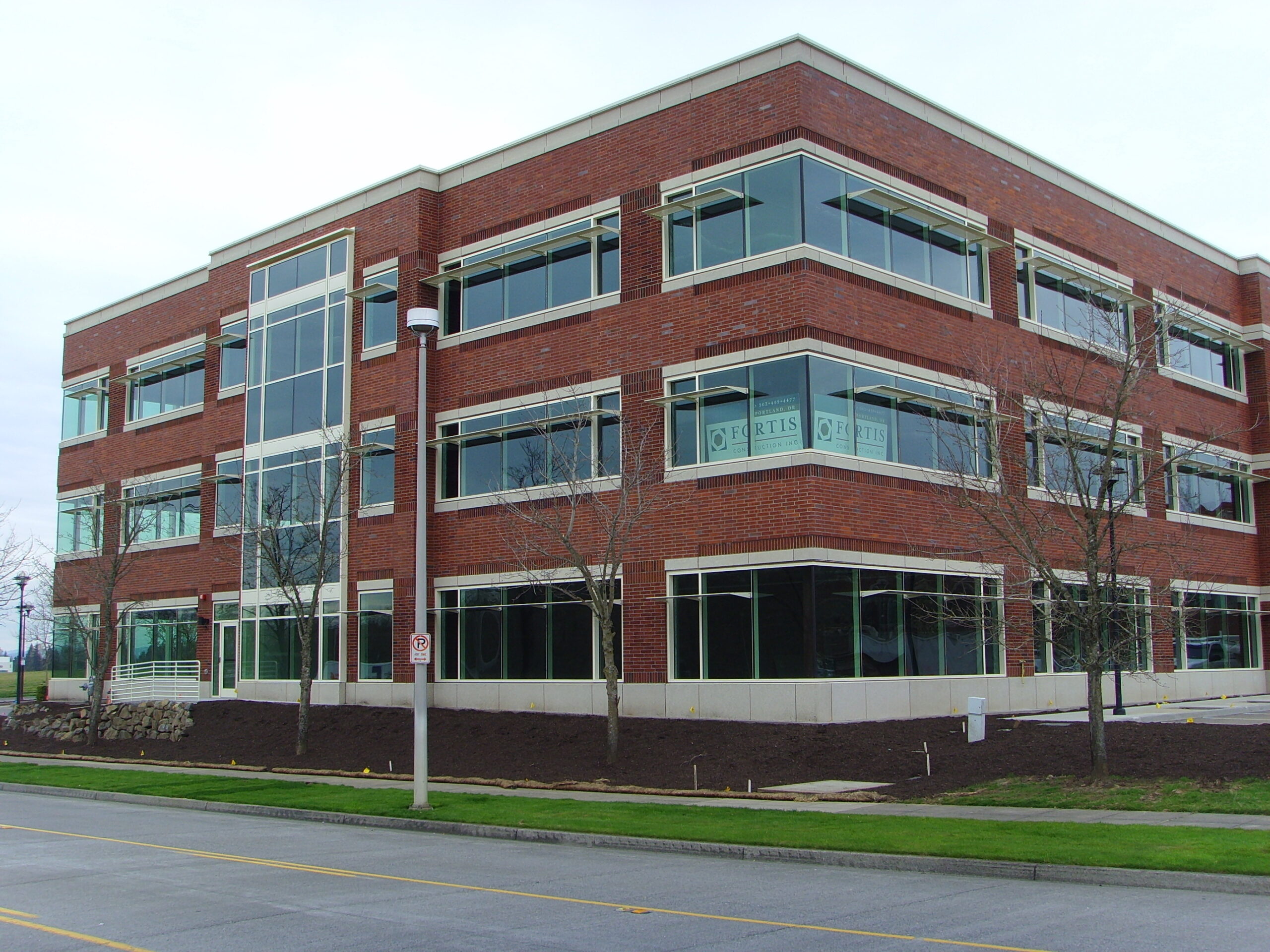Building codes and standards serve as the foundation for ensuring the safety, durability, and sustainability of buildings, structures, and facilities. Compliance with these regulations is essential for protecting occupants and the public from potential hazards by ensuring that buildings meet minimum performance requirements. This blog is going to explore the role of commissioning in navigating building codes and standards, ensuring compliance, and providing quality assurance throughout the lifecycle of the building.
Building codes and standards are sets of regulations and guidelines that govern the design, construction, and operation of buildings. They establish the minimum requirements for structural integrity, fire safety, energy efficiency, accessibility, and many other aspects of building performance. Building codes are typically implemented and enforced by government agencies at the state, provincial, or municipal level, while standards may be developed by industry organizations, professional associations, or regulatory bodies.
Compliance with building codes and standards can be complicated and challenging, requiring careful navigation and attention to detail. Building owners, developers, architects, engineers, contractors, and other primary stakeholders must understand the applicable regulations and ensure that their projects meet the required standards. This is where commissioning contributes a crucial role in ensuring compliance and quality assurance throughout the lifecycle of the building.
Commissioning is the thorough process of verifying and documenting that building systems and equipment perform in accordance with the owner’s requirements and design intent. It involves rigorous testing, inspection, and verification to ensure that building systems operate safely and efficiently. Commissioning helps identify and resolve deficiencies, ensures systems meet performance criteria, and provides assurance that for building compliance with pertinent building codes and standards.
How commissioning ensures compliance with building codes and standards:
Pre-Design Phase: During the pre-design phase, commissioning starts with a review of project requirements, regulatory requirements, and applicable codes and standards for the project. Commissioning authorities closely work with primary project stakeholders to establish project goals, identify compliance requirements, and develop a detailed commissioning plan that outlines the scope, objectives, and responsibilities for all commissioning activities.
Design and Construction Phase: Throughout both the design and construction phase, commissioning authorities review the design documents, specifications, and construction plans to drive compliance with building codes and standards. During this phase they identify potential compliance issues, review material selections, and verify that the design elements meet the regulatory requirements. In the construction of the project the commissioning authority conducts inspections, tests, and runs functional performance testing to verify that building systems are installed correctly and also operate as intended.
Post-Construction Phase: Once construction is completed, the commissioning authority conducts comprehensive testing and verification to ensure that building systems meet performance criteria and comply with applicable codes and standards for the project. This can include functional performance testing of HVAC systems, lighting controls, fire safety systems, and other critical systems. Commissioning authorities document all of their findings, issue reports, and work with building owners to address any deficiencies to drive compliance with regulatory requirements.
Ongoing Monitoring and Verification: Commissioning is an ongoing process that should continue throughout the lifespan of the building. Building systems require regular monitoring, maintenance, and optimization to ensure continued compliance with relevant codes and standards. Commissioning authorities can provide ongoing support to building owners and operators by conducting periodic inspections, performance evaluations, and retro-commissioning to optimize the building performance over prolonged time.
Commissioning offers abundant benefits for ensuring compliance with building codes and standards and providing quality assurance throughout the building lifecycle, including:
– Verification that building systems meet regulatory requirements and performance criteria.
– Identification and resolution of deficiencies and non-compliance issues.
– Improved energy efficiency, safety, and occupant comfort.
– Enhanced reliability, durability, and longevity of building systems.
– Reduced risk of rework, repairs, and non-compliance penalties.
– Assurance that buildings operate as intended and meet the needs of occupants and primary stakeholders.
Navigating building codes and standards is essential for ensuring the safety, performance, and compliance of your building, facility, or structure. Commissioning plays a crucial role in this process by verifying that building systems meet regulatory requirements, identifying and resolving deficiencies, while also providing quality assurance throughout the lifecycle of the building. By partnering with experienced commissioning agents and integrating commissioning into their projects, building owners, developers, and primary stakeholders can ensure compliance with building codes and standards, optimize building performance, and achieve their project goals effectively and efficiently.

